Miami Heat's Response To Popovich's Spurs Exit
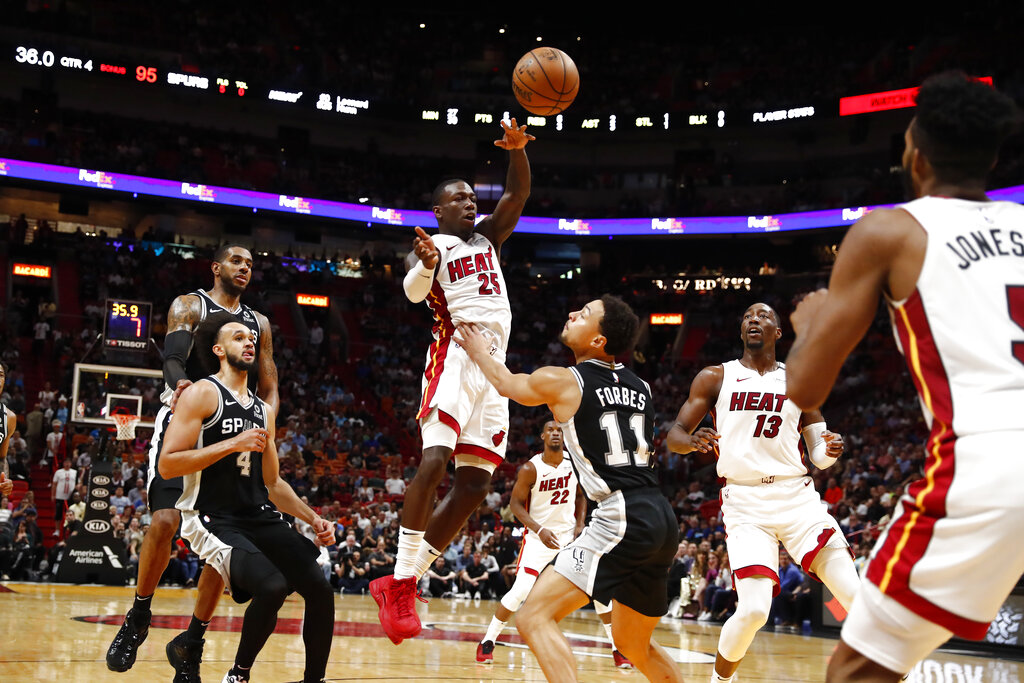
Table of Contents
The Miami Heat's Coaching Stability and its Advantages
The Miami Heat enjoy a significant advantage: established coaching stability. This contrasts sharply with the uncertainty facing many franchises following Popovich's retirement.
Erik Spoelstra's Continued Leadership
Erik Spoelstra's tenure as head coach of the Miami Heat is a testament to his coaching prowess. His long-standing success, mirroring Popovich's longevity in San Antonio, provides a foundation of stability. While their coaching styles differ – Spoelstra known for his player empowerment and offensive fluidity, contrasted with Popovich's demanding defensive discipline – both exemplify sustained excellence.
- Spoelstra's championship experience: Two NBA championships with LeBron James underscore his ability to navigate high-pressure situations and lead teams to victory.
- Player development strategies: Spoelstra's track record of developing young talent, transforming role players into stars, and adapting to changing roster dynamics is crucial to sustained success. This is a key area where the Heat could subtly leverage Popovich's absence.
- Adaptability to changing NBA dynamics: The NBA is a constantly evolving league. Spoelstra has consistently adapted his coaching strategies to counter emerging trends and maintain the Heat's competitiveness. This adaptability is essential for long-term success in the face of unpredictable changes.
- Strong relationship with the Heat's front office: The collaborative relationship between Spoelstra and Pat Riley ensures a cohesive vision for the team's future. This alignment is a key factor in the Heat's organizational strength.
Impact of Popovich's Absence on Eastern Conference Dynamics
Popovich's retirement significantly alters the Eastern Conference landscape. The Spurs, under his leadership, were a consistent force. His absence reduces a significant competitive threat, potentially opening up pathways for increased playoff success for the Heat.
- Reduced competition from the Spurs: The Spurs, without Popovich’s strategic genius, are likely to undergo a period of rebuilding, lessening their immediate impact on the Eastern Conference standings.
- Potential shifts in rivalries: The absence of the Spurs from contention could shift the focus of rivalries within the Eastern Conference, potentially creating new dynamics and opportunities for the Heat.
- Opportunities for increased playoff success for the Heat: The reduced competition could translate directly into improved playoff seeding and a higher likelihood of a deep postseason run for the Miami Heat.
Potential Strategic Adjustments by the Miami Heat
While the Heat benefits from strong leadership, Popovich's exit necessitates a reassessment of strategy.
Scouting and Player Acquisition
The Heat's scouting and free agency strategies might subtly shift in response to Popovich's retirement. While not a dramatic overhaul, there may be a nuanced approach to player acquisition.
- Focus on players fitting Spoelstra’s system: The Heat will continue to prioritize players who seamlessly integrate into Spoelstra's offensive and defensive schemes, leveraging their established system’s advantages.
- Adapting to anticipated changes in the league's meta-game: The Heat's front office will need to adjust their scouting parameters based on anticipated shifts in NBA trends, looking for players who can thrive in the evolving league landscape.
- Scouting players who might thrive under Spoelstra's system: The Heat may now actively target players whose skillsets specifically complement Spoelstra's coaching style and the team's established offensive and defensive approaches.
Emphasis on Player Development
The absence of Popovich's influence on the league prompts the Heat to further refine their player development programs. This could involve investing more heavily in coaching staff and advanced analytical tools.
- Investing in coaching staff: Adding specialized coaching roles focusing on specific skill development could be a key focus for the Heat.
- Utilizing advanced analytics: Employing advanced data analytics and player tracking technologies for more precise player development is likely.
- Focusing on young talent: The Heat may further prioritize the identification and development of young, promising players, seeing an opportunity to build a long-term competitive advantage.
- Collaboration with international programs: Expanding scouting and development programs to include international talent pools could yield significant benefits for the Heat's future.
The Long-Term Implications for the Miami Heat
Maintaining organizational stability and long-term success requires proactive planning.
Maintaining a Winning Culture
The Miami Heat's winning culture, cultivated over decades, is its most valuable asset. Maintaining this culture amidst league-wide changes is paramount.
- Importance of organizational continuity: The Heat’s emphasis on organizational continuity and established systems provides a stable foundation for future success.
- Fostering leadership within the team: Developing strong leadership within the team, at both player and coaching levels, is essential for sustaining the winning culture.
- The role of Pat Riley in maintaining the team's culture: Pat Riley's continued involvement in team management remains crucial in upholding the Heat's culture and values.
Future Coaching Succession Planning
The Heat should not only focus on the present but also on the future of its coaching staff. Succession planning is crucial.
- Identifying and developing future coaching talent: Mentoring and developing promising assistant coaches and scouting staff is key to the long-term health of the coaching staff.
- Building a strong coaching pipeline: Establishing a robust and well-defined coaching pipeline ensures a smooth transition should a coaching change occur in the future.
- Maintaining continuity in coaching philosophy: Succession planning should prioritize selecting coaches who embrace and further develop the Heat's existing coaching philosophy, ensuring consistent team strategies.
Conclusion
Gregg Popovich's retirement creates opportunities and challenges for the Miami Heat. While the Heat benefits from Erik Spoelstra's established leadership and organizational strength, adaptation is key. Their response—a focus on player development, strategic adjustments to scouting and free agency, and a commitment to their winning culture—will determine their ability to leverage this shift in the NBA landscape. The long-term impact of this significant change is yet to unfold.
Call to Action: What are your thoughts on the Miami Heat's response to Popovich's exit? Share your predictions and analyses in the comments below! Let's discuss the future implications of this pivotal moment in the NBA and the Miami Heat's role in shaping the next era of NBA coaching. #MiamiHeat #NBACoaching #PopovichRetirement #Spurs #EasternConference

Featured Posts
-
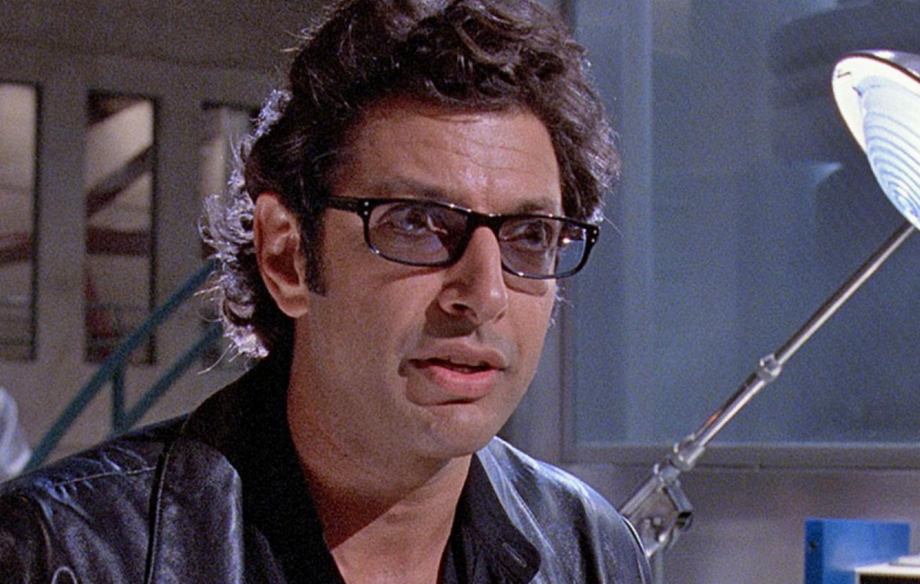 Why Jeff Goldblum Wanted To Change The Flys Ending An Inside Look
May 06, 2025
Why Jeff Goldblum Wanted To Change The Flys Ending An Inside Look
May 06, 2025 -
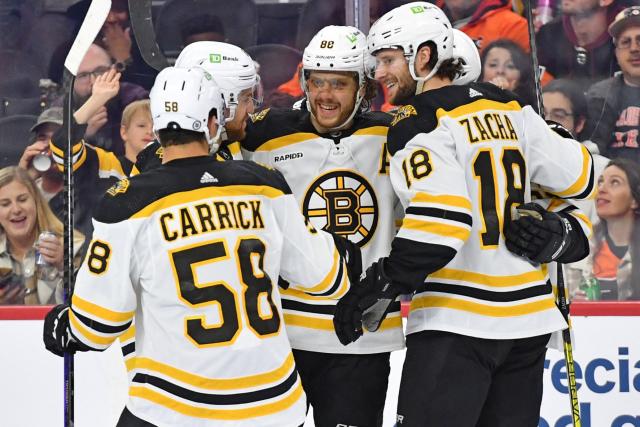 Gregg Popovich Plus Grand Total De Victoires En Saison Reguliere Et Troisieme Entraineur Le Plus Titre De L Histoire
May 06, 2025
Gregg Popovich Plus Grand Total De Victoires En Saison Reguliere Et Troisieme Entraineur Le Plus Titre De L Histoire
May 06, 2025 -
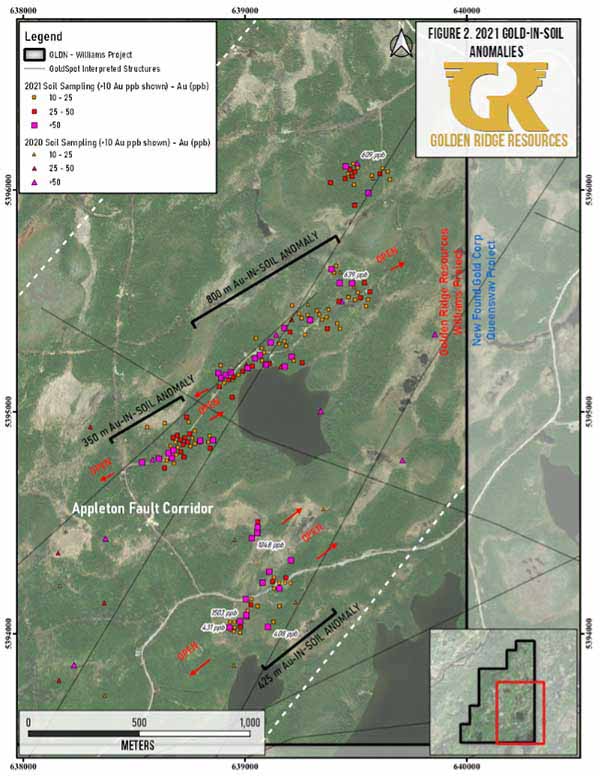 Gold Fields Acquires Gold Road Resources For A 3 7 Billion
May 06, 2025
Gold Fields Acquires Gold Road Resources For A 3 7 Billion
May 06, 2025 -
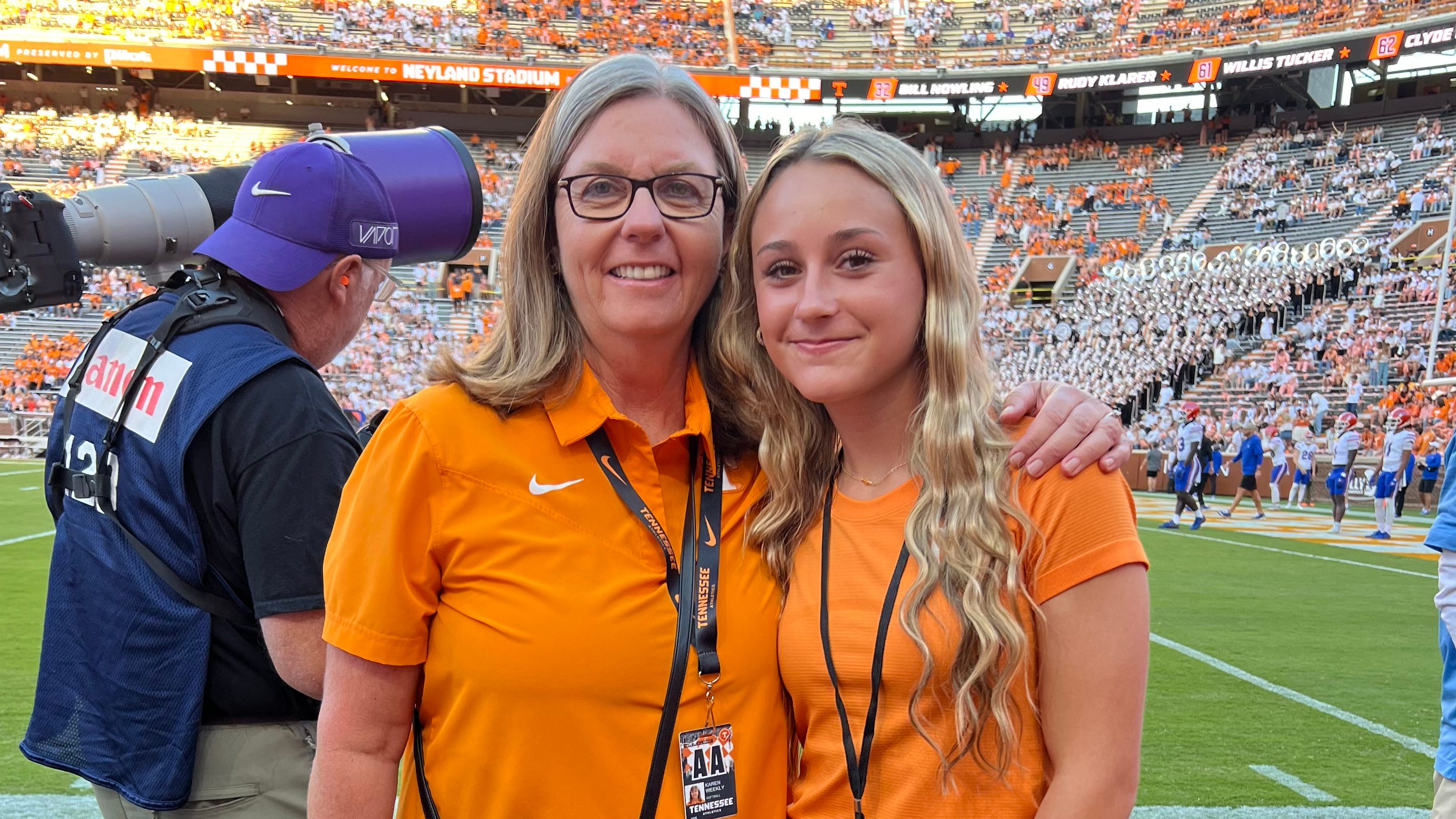 Halle Bailey From Alcoa To Tennessee Softball A Family Tradition
May 06, 2025
Halle Bailey From Alcoa To Tennessee Softball A Family Tradition
May 06, 2025 -
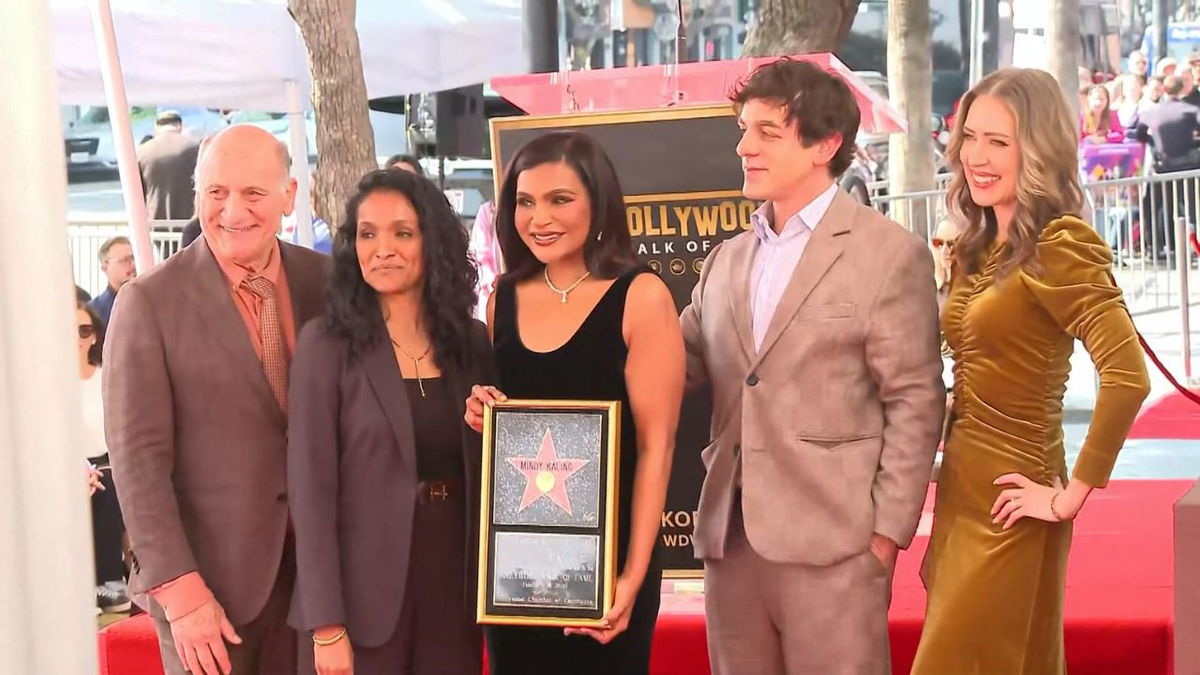 Mindy Kalings Hollywood Walk Of Fame Star A Celebration
May 06, 2025
Mindy Kalings Hollywood Walk Of Fame Star A Celebration
May 06, 2025
